Benedetto Croce was a philosopher and politician, and one of the most influential Italian intellectuals of the 20th Century. He was born in Pescasseroli in Abruzzo, on February 25, 1866, to a wealthy and cultured family. He studied in Naples and Rome, developing an interest in history and philosophy.
In 1903 he founded La Critica, a magazine that would play an important role in Italian culture. In the years that followed, he published essays and devoted himself to philosophical reflection.
Croce was most interested in history and human culture, which he thought best expressed man’s spirit. In this sense, his philosophy was part of the tradition of idealism, which sees the spirit as having the power to give shape to reality. Croce attached no religious meaning to “spirit.” He defined it as the intellect and actions of man. Croce believed that since the human spirit is active in a particular historical moment, philosophy should analyze everything from a historical point of view. Only this way could man understand how the spirit gives shape to reality. This perspective is called Absolute Historicism.
Croce then developed his philosophy of the spirit, analyzing the different expressions of spiritual life. He made a distinction between theoretical activities, through which man understands reality, and practical activities, which allow him to modify it.
Theoretical activities include aesthetic and artistic pursuits, which come from individual intuition. Logic and philosophy are geared towards understanding universal concepts. Practical activities, on the other hand, include economics, aimed at securing personal gain, and ethics, which pursue universal good.
Croce was also influential as a literary critic. He believed poetry was a branch of aesthetics through which the individual expressed lyrical emotions using written words. In his analysis of Dante’s Divine Comedy, Inferno is the best of the three books, since it purely expresses a sentiment. Paradiso, on the other hand, is less poetic because it is too layered with theological and religious meditations.
Starting in 1910, Croce held a number of important political positions within the reconstituted Liberal party. During fascism, he abandoned the parliament and spoke out against the regime, writing the Manifesto of Antifascist Intellectuals. Croce returned to politics in 1944, supporting the founding of the Italian Republic in 1946 and writing parts of the Italian Constitution.
Croce died in Naples on November 20, 1952. He was 86.
In 1903 he founded La Critica, a magazine that would play an important role in Italian culture. In the years that followed, he published essays and devoted himself to philosophical reflection.
Croce was most interested in history and human culture, which he thought best expressed man’s spirit. In this sense, his philosophy was part of the tradition of idealism, which sees the spirit as having the power to give shape to reality. Croce attached no religious meaning to “spirit.” He defined it as the intellect and actions of man. Croce believed that since the human spirit is active in a particular historical moment, philosophy should analyze everything from a historical point of view. Only this way could man understand how the spirit gives shape to reality. This perspective is called Absolute Historicism.
Croce then developed his philosophy of the spirit, analyzing the different expressions of spiritual life. He made a distinction between theoretical activities, through which man understands reality, and practical activities, which allow him to modify it.
Theoretical activities include aesthetic and artistic pursuits, which come from individual intuition. Logic and philosophy are geared towards understanding universal concepts. Practical activities, on the other hand, include economics, aimed at securing personal gain, and ethics, which pursue universal good.
Croce was also influential as a literary critic. He believed poetry was a branch of aesthetics through which the individual expressed lyrical emotions using written words. In his analysis of Dante’s Divine Comedy, Inferno is the best of the three books, since it purely expresses a sentiment. Paradiso, on the other hand, is less poetic because it is too layered with theological and religious meditations.
Starting in 1910, Croce held a number of important political positions within the reconstituted Liberal party. During fascism, he abandoned the parliament and spoke out against the regime, writing the Manifesto of Antifascist Intellectuals. Croce returned to politics in 1944, supporting the founding of the Italian Republic in 1946 and writing parts of the Italian Constitution.
Croce died in Naples on November 20, 1952. He was 86.
RELATED
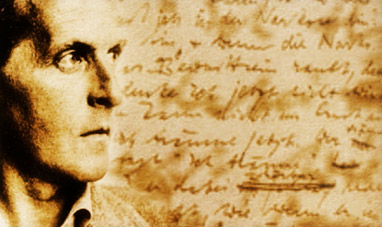

LUDWIG WITTGENSTEIN
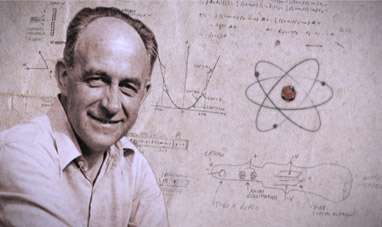

ENRICO FERMI
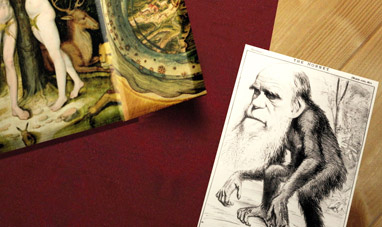

CHARLES DARWIN
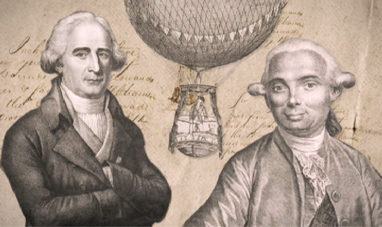

THE MONTGOLFIER BROTHERS
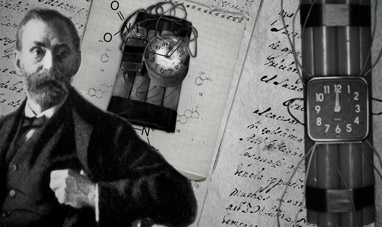

ALFRED NOBEL
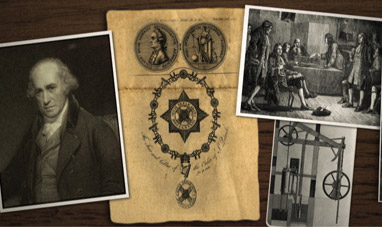

JAMES WATT
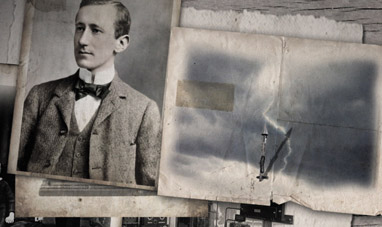

GUGLIELMO MARCONI
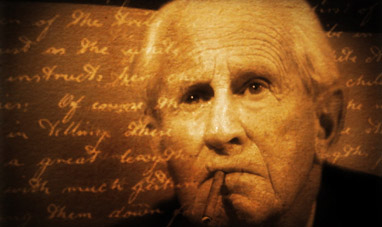

HERBERT MARCUSE
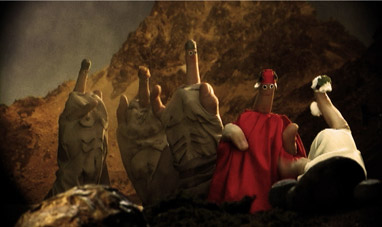

DIVINE COMEDY, PURGATORY
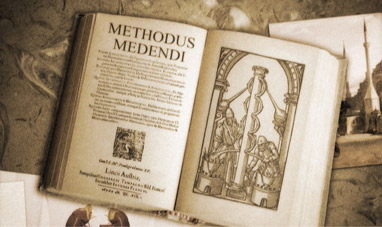

GALEN
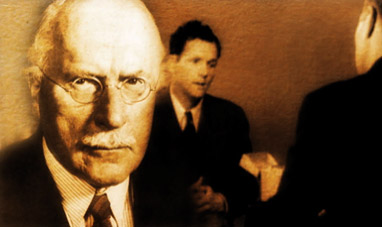

CARL GUSTAV JUNG
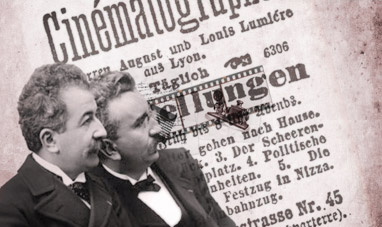

THE LUMIÈRE BROTHERS
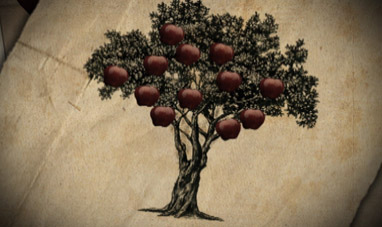

ISAAC NEWTON
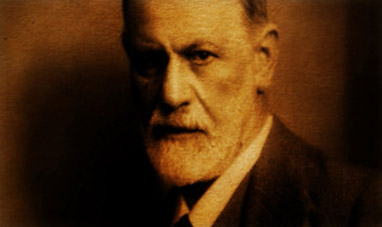

SIGMUND FREUD
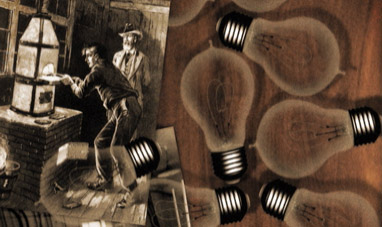

THOMAS ALVA EDISON
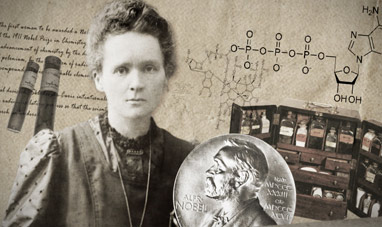

MARIE CURIE
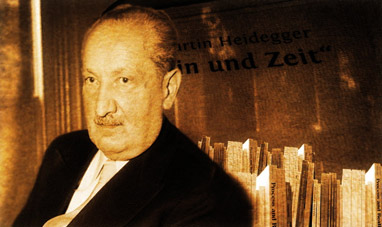

MARTIN HEIDEGGER
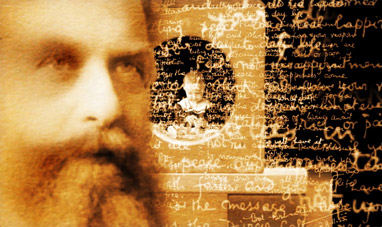

EDMUND GUSTAV ALBRECHT HUSSERL
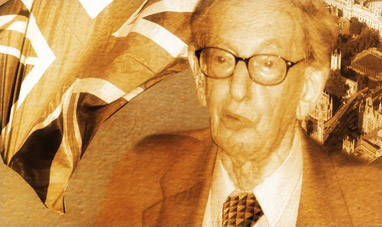

ERIC HOBSBAWM
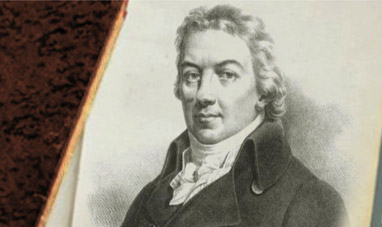

EDWARD JENNER
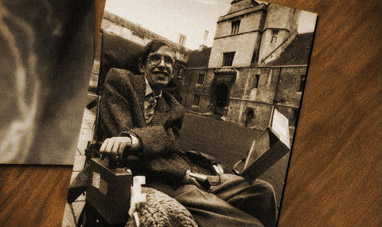

STEPHEN HAWKING
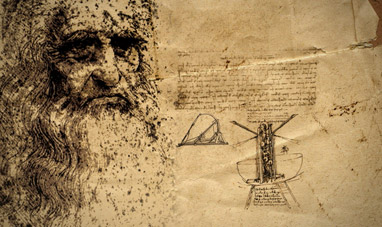

LEONARDO DA VINCI
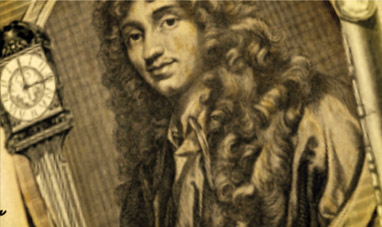

CHRISTIAAN HUYGENS
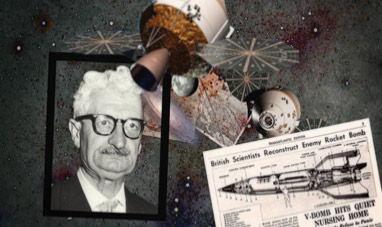

WERNHER VON BRAUN
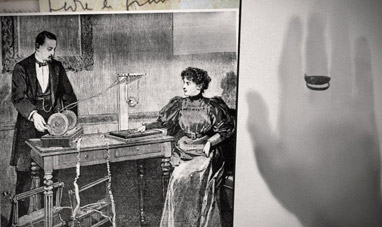

WILHELM RÖNTGEN
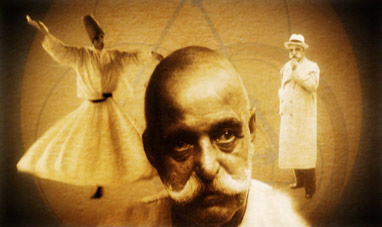

GEORGE IVANOVICH GURDJIEFF
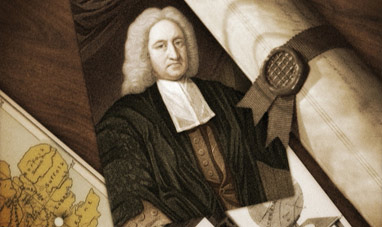

EDMUND HALLEY
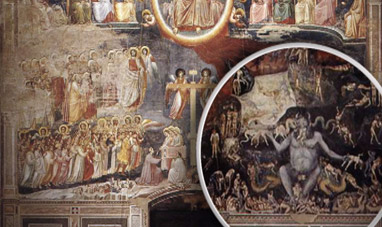

SCROVEGNI CHAPEL
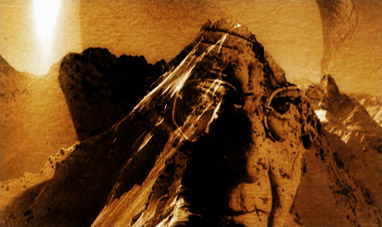

ERICH FROMM
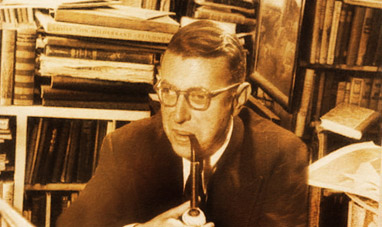

JEAN PAUL SARTRE


JOHANNES KEPLER
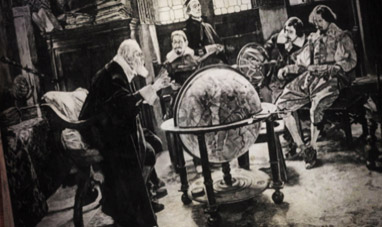

GALILEO GALILEI
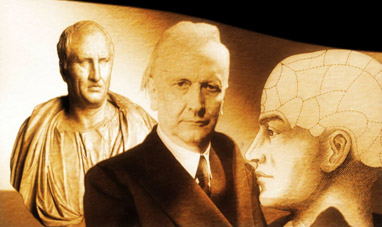

KARL JASPERS
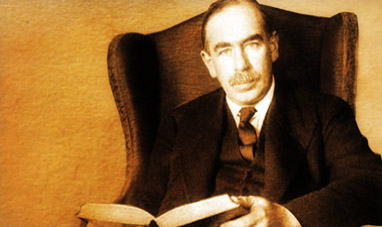

JOHN MAYNARD KEYNES
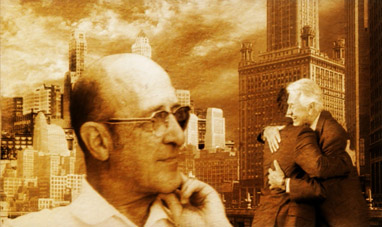

CARL ROGERS
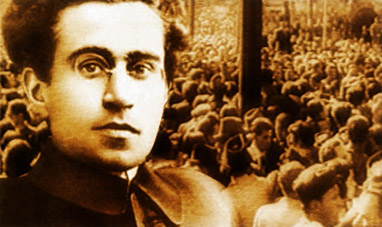

ANTONIO GRAMSCI
